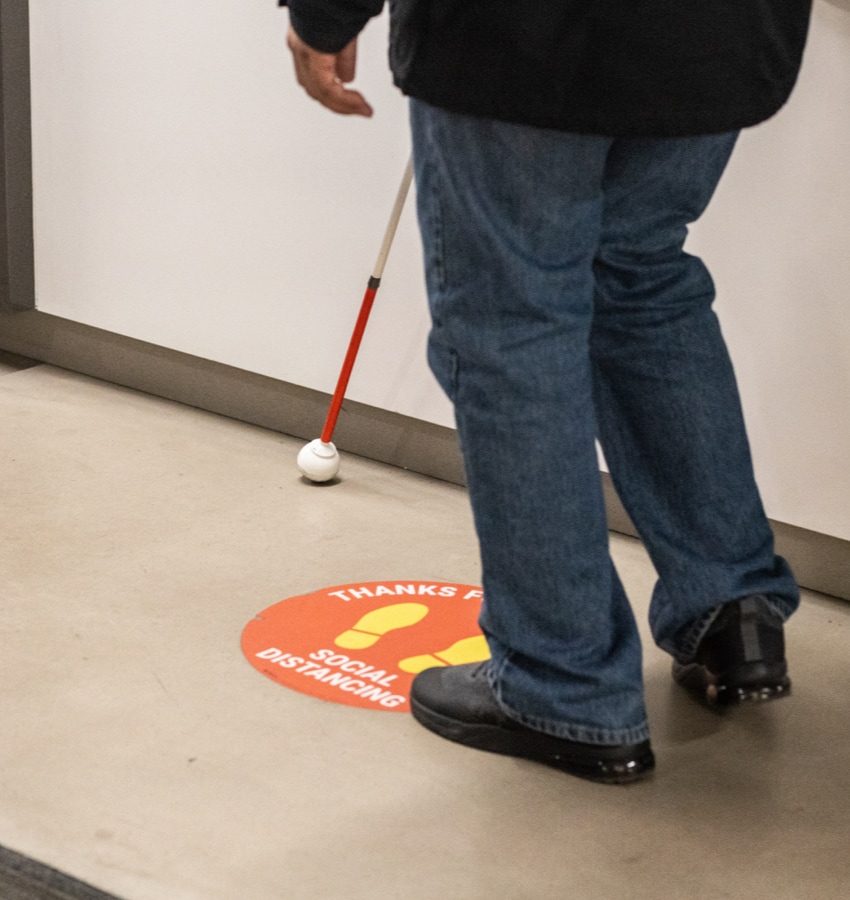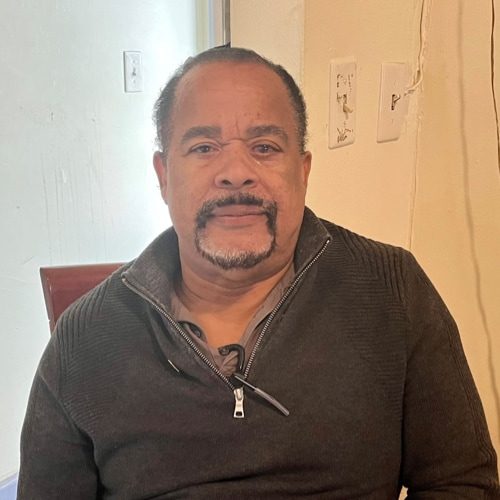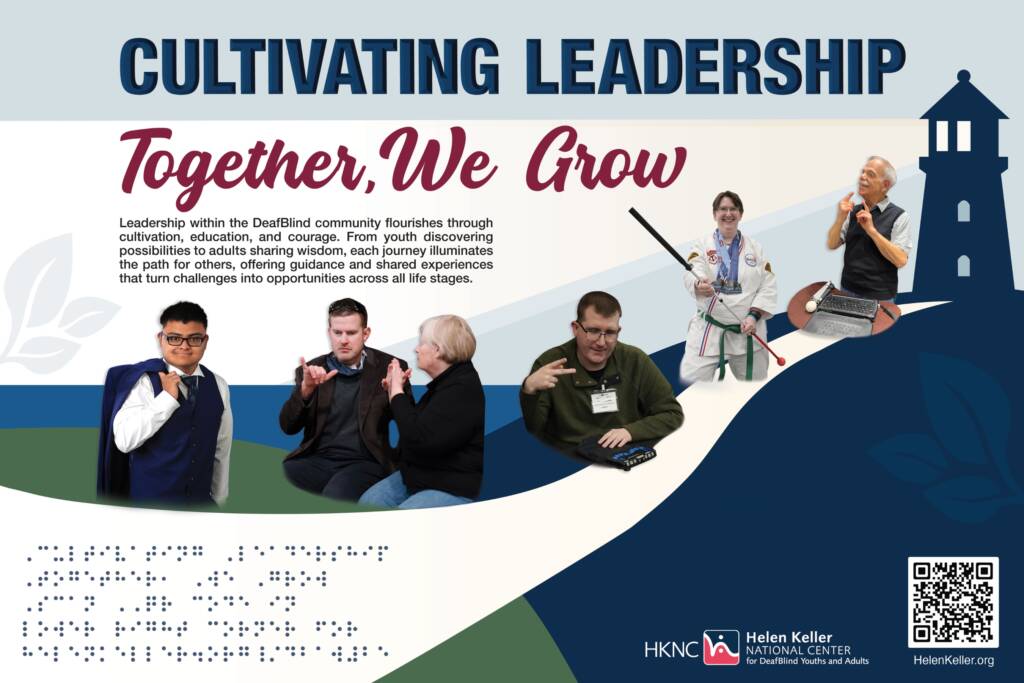
Overview
Helen Keller Services for the Blind (HKSB) offers individualized training in orientation and mobility.
Get the tools and skills you need to familiarize yourself with new environments and travel independently. Work with our certified orientation and mobility (O&M) specialists at one of our HKSB locations, or take advantage of our field services, which provide training in home, workplace and community settings.
How HKSB Can Help
At HKSB, you will learn to travel safely and independently.
You will work individually with a certified mobility specialist to achieve your goals.
Using a white cane effectively
Learn how to properly hold and use your cane for indoor and outdoor travel.
Traveling safely
Learn how how to independently and safely cross streets and intersections.
Utilize alternative transportation
Know when and how to access other means of transportation such as public and para transit, cab and rideshare services.
Utilize apps
Learn how to use your smartphone to access GPS apps.

Voices From the Community
I feel much more confident in my own abilities. My O&M instructor helped me maneuver myself in the streets and use my cane properly. He was so patient and understanding with me.
Kent Harper
How It Works
Meeting You Where You Are. Helping You Get Where You’re Going.
The first step is to assess your strengths and weaknesses in order to develop a customized training plan. Then you’ll dive right into practical, hands-on learning. Can you feel the end of a curb? What do you do when the lights go out and you can’t depend on your remaining vision? Through blindfold training, you’ll improve your tactual interpretation of your environment. You’ll learn to switch from visual cues to aural or tactual ones as you orient yourself to new places and adapt to changing circumstances.
You’ll learn how to:
- Navigate your neighborhood.
- Utilize public transportation.
- Travel safely to work, doctor’s appointments, shopping centers and more.
- Utilize the GPS on your smartphone.
When your training is complete, you’ll be able to:
- Use a cane and other aids.
- Take advantage of your remaining vision, and create a plan to compensate when it’s not possible to do so.
- Figure out what you can do on your own and when you need to ask for help.


